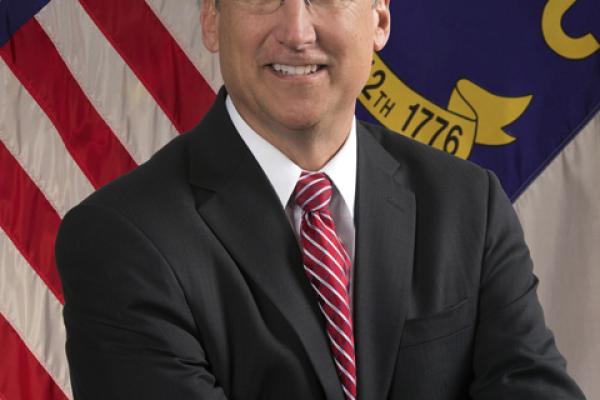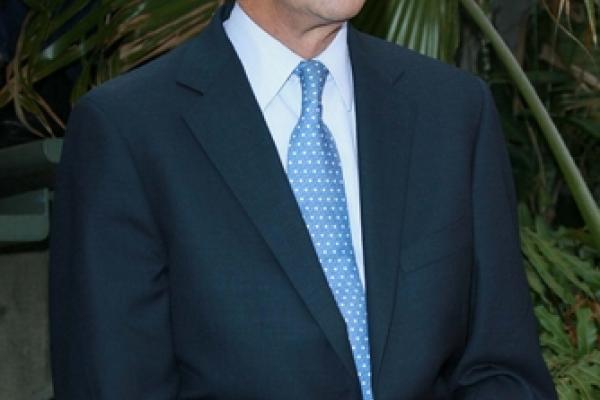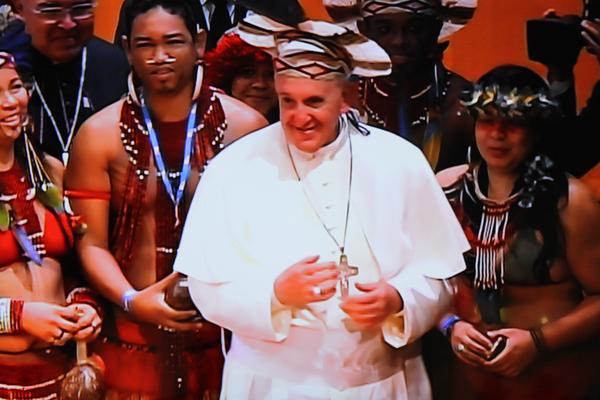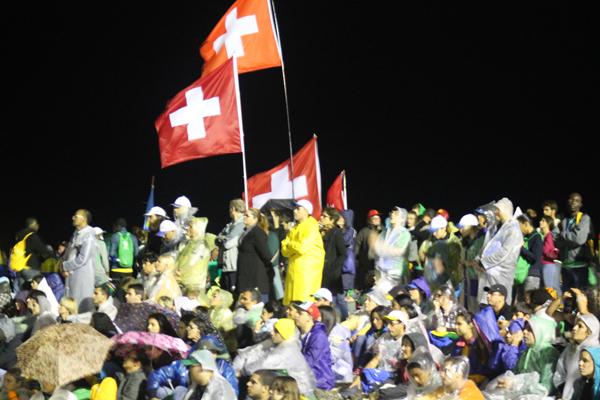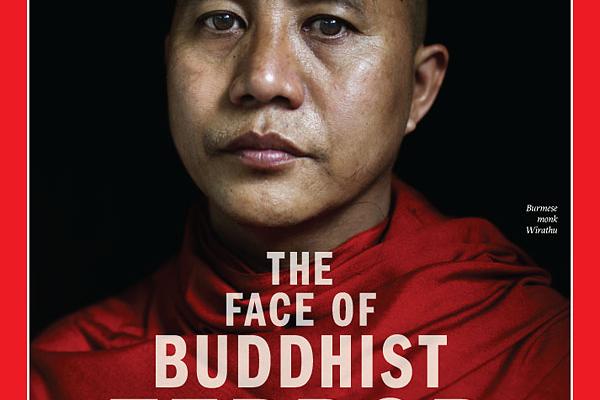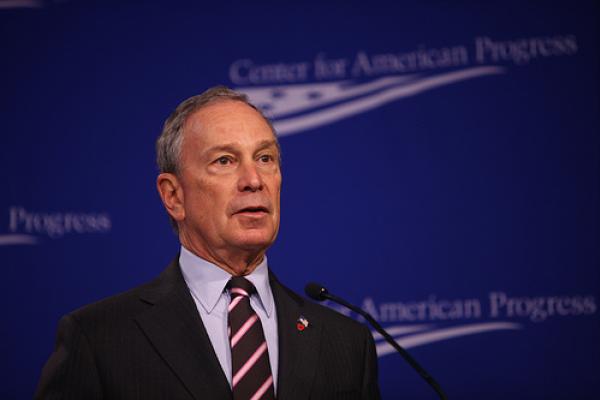North Carolina Muslims hope they can persuade Gov. Pat McCrory, a Republican, to veto a bill that prohibits state judges from considering “foreign law.”
“It’s going to be tough,” said Rose Hamid of Charlotte. “But I do believe there is a chance.”
Muslims across the state oppose the bill they think is motivated by intolerance and may potentially infringe on other religious groups. Bills against judicial consideration of “foreign laws” are believed to really be opposing Shariah, or Islamic law.
More than 100 prominent Jewish Americans with varying religious and political viewpoints have thrown their support behind the Israeli government’s decision to restart long-stalled peace talks with the Palestinians.
In a letter to Israeli Prime Minister Benjamin Netanyahu, the 140 signatories — including former Sen. Joseph Lieberman; professor Alan Dershowitz; philanthropist Charles Bronfman; and Republican Jewish Coalition board member Morris W. Offit — said they appreciated the risks the government is taking to achieve peace.
While not everyone in the American Jewish community supports territorial compromise with the Palestinians, the letter represents a fairly broad consensus that Israel must take some risks to reach a peace deal.
In one of the most inclusive gestures of his visit here, Pope Francis donned a headdress offered to him from an indigenous South American Indian at a ceremony in the city´s grand municipal theater.
The gesture was greeted with shouts of surprise initially. Then the audience of Brazilian politicians and business people erupted into roars of approval and thunderous applause.
It was a compelling moment. Moments earlier, the pope had spoken about the state´s responsibility to respect and encourage “peaceful coexistence between different religions.”
It’s not every day that the pope drops in for a visit to your home. But Maria da Penha dos Santos lucked out when Pope Francis chose to enter her small yellow two-story house in the rundown slum of Varginha.
The Thursday morning visit came on the fourth day of the pontiff’s weeklong World Youth Day tour. Santos’ house was one of seven earmarked for a visit.
She was waiting outside with her husband, daughter, and granddaughter when the pope stopped in front and told her “we have a beautiful family and he had loved us even before we had met.”
A straight-shooting white friend once commented that whenever blacks and whites are together it's like there's a "big pile of poop in the middle of the room" that everybody sees and smells but pretends isn't there.
A radical Buddhist monk in Myanmar said a bomb that exploded near him, wounding five devotees, came after a death threat by a “Muslim religious leader” who wanted to silence his campaign to prevent Buddhist women from marrying Muslim men.
Ashin Wirathu’s portrait appeared on the July 1 cover of Time magazine’s Asia edition, above the headline, “The Face of Buddhist Terror: How Militant Monks are Fueling Anti-Muslim Violence in Asia.”
“Since their plan to fight me via Time Magazine has failed, they are now targeting my ‘dharma’ [Buddhist teaching] events, and the devotees, with explosive devices,” Wirathu told the respected Irrawaddy magazine.
Muslim-American civil rights groups are criticizing New York City Mayor Michael Bloomberg for vetoing a bill on Tuesday that would have created an independent inspector general to oversee the New York City Police Department.
The New York City Council passed the bill June 27 as a check against controversial NYPD policies that critics say violate the civil rights of Muslim and other minority New Yorkers. Reports that the NYPD spied on mosques, Muslim businesses, organizations, and students began surfacing in 2011.
“The NYPD is out of control and discriminates against innocent Americans, and Mayor Bloomberg has let Americans down by allowing the NYPD to use discriminatory policies without any accountability,” said Glenn Katon, legal director for Muslim Advocates, a civil rights group based in San Francisco.
